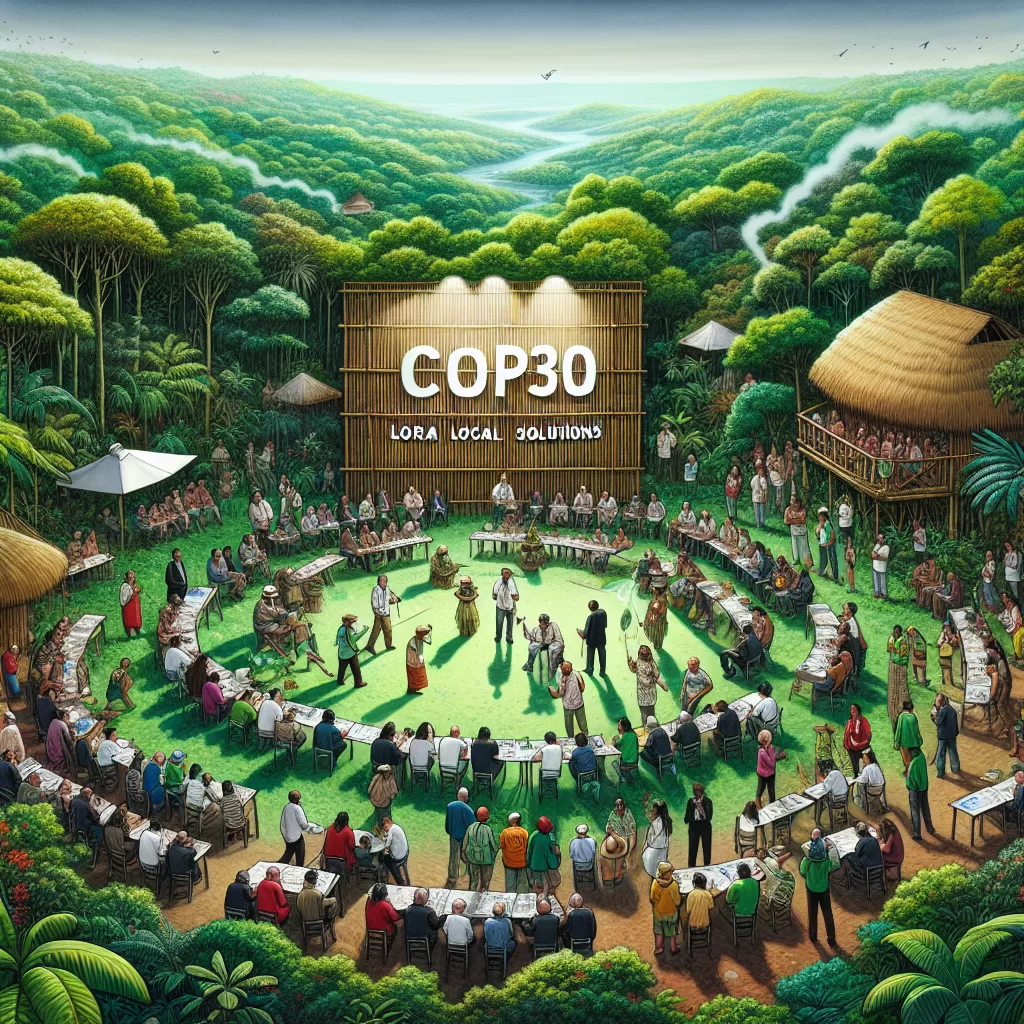André Aranha Corrêa do Lago, the COP30 President, emphasizes that governments alone cannot drive the necessary change. “We have to act as individuals, corporations, professors, etc.,” he said. “There is a huge space for a movement that truly shows governments that populations are concerned about climate change, they believe we have to make significant changes, and they want to contribute.”
Slow Progress Towards Paris Agreement Goals
This call to action comes as climate ministers and officials gather in Copenhagen for preparatory talks ahead of COP30. UN Climate Chief Simon Stiell acknowledged the sluggish progress, noting that while the world remains on track for 3°C of warming above pre-industrial levels, temperatures would have risen by 5°C without the Paris Agreement’s international climate process.
Stiell added that an analysis of updated national climate plans would reveal how close the world is to limiting warming to 1.5°C, the Paris Agreement’s most ambitious target. Recent data from the Copernicus earth observation program showed the global average temperature from May 2024 to April 2025 was 1.58°C above pre-industrial levels, stoking concerns about meeting the 1.5°C goal.
Showcasing Existing Local Solutions
Corrêa do Lago has called for individuals and organizations to present “self-determined contributions” – grassroots climate actions already underway rather than future pledges. These could include farmers embracing regenerative agriculture, tech companies decarbonizing data centers, or coastal towns restoring mangroves.
The COP30 presidency will launch a platform to gather these civil society contributions, aiming to inspire global leaders in preparing their national climate plans. Corrêa do Lago believes showcasing existing solutions can persuade reluctant governments that fighting climate change can improve lives and benefit economies.
Engaging Cities and Regions
In Copenhagen, the COP30 presidency met with representatives from cities and regions worldwide, recognizing their critical role in climate action. Chilando Chitangala, Mayor of Lusaka, Zambia, stressed, “Without local climate action, global ambitions will remain out of reach.”
The COP30 presidency has vowed to involve city and regional leaders more closely in the climate process, especially after the previous US administration initiated withdrawal from the Paris Agreement. Corrêa do Lago clarified, “Who is leaving Paris is the government of the United States, not the US as a country. The US is still very present in the fight against climate change through scientists, universities, businesses.”
Tags: #ClimateAction #COP30 #GrassrootsMovement #LocalSolutions #ParisAgreement #CitiesAndRegions #Brazil

